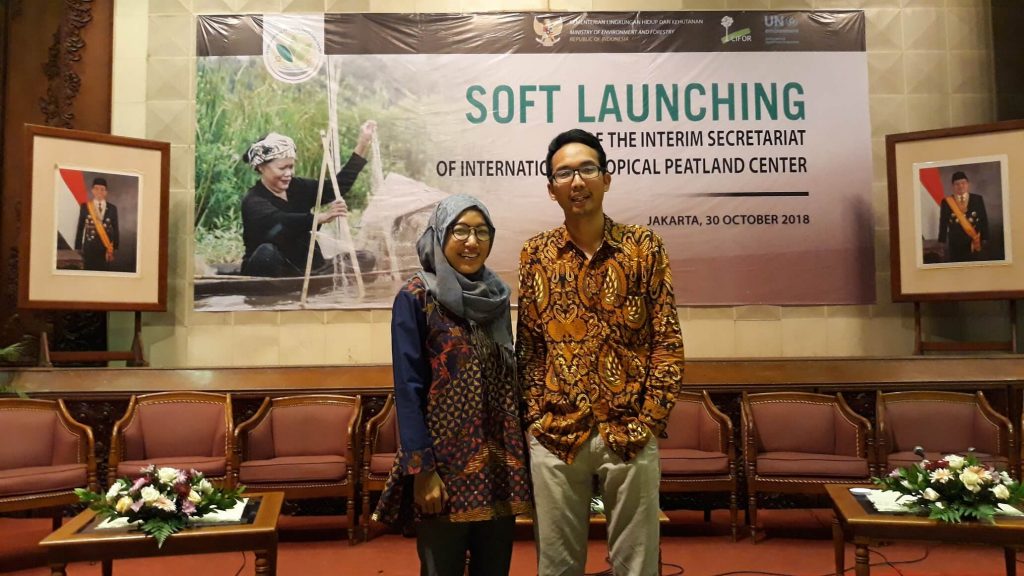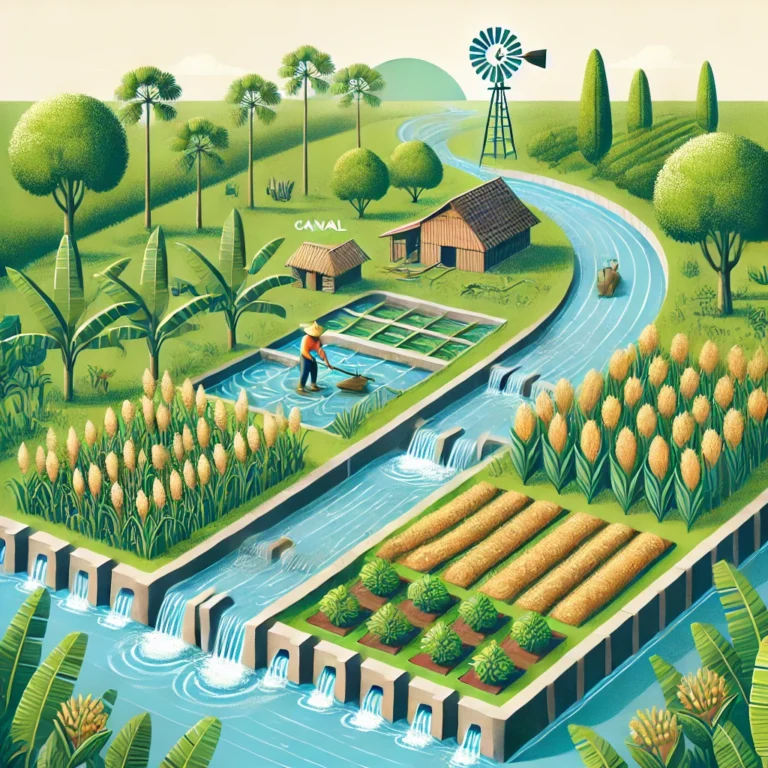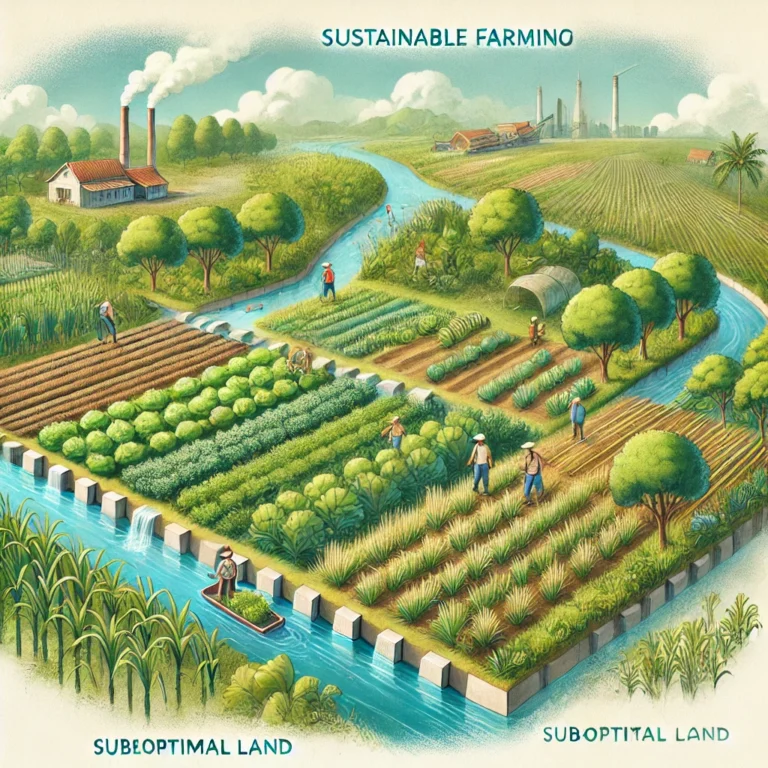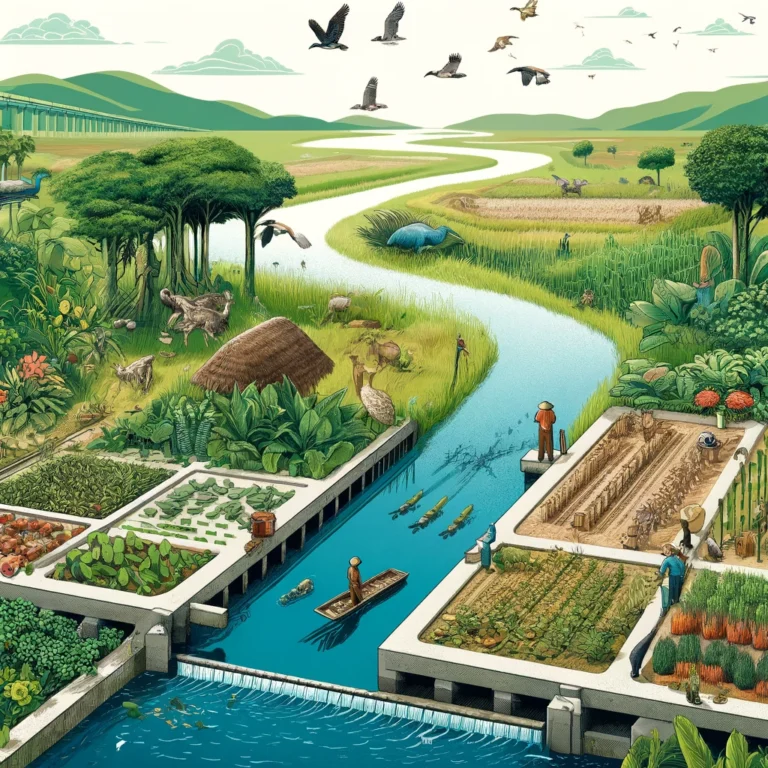Manggala Wanabakti Auditorium, Ministry of Environment and Forestry, Jakarta – Despite its pivotal role in the Earth system, tropical peatlands remain one of the least understood and least studied ecosystems in the world. It is also one of the most vulnerable due to the combined pressures from climate change to growing populations. The International Tropical Peatland Center (ITPC) is an international research center initiated by the governments of Indonesia, Democratic Republic of the Congo, Republic of the Congo and Peru. The center will act as a platform foster partnerships in conducting integrated research and development that is paramount to informing proper prioritization between countries and finding ways for peatland conservation, management and restoration to serve as a plausible aid to both.
Already, the soft-launching event of ITPC’s Interim Secretariat in Bogor managed to provide a platform to share the lessons learned in peatland policy and decision-making processes where it offers valuable opportunities for South-South cooperation.
The first session was led by the government representative of Indonesian and Republic of the Congo, United Nations Environment Programme (UNEP) and CIFOR which focused on the history of ITPC establishment and the fundamental of national forest policy for peatland. The following two sessions discussed on the lesson learned, opportunities and challenges of Indonesian best practices next to the international collaboration and experience of peatland management. The speakers came from different institutions from Peat Restoration Agency (BRG), Indonesia Forest Concession Holder Association (APHI), Norway Embassy, USAID, Food and Agriculture (FAO), also local NGO and farmer. All speakers emphasized the need to take an urgent action to address peatland challenges through partnership from conserving the area to ensuring the existence of sustainable livelihoods and rural development in the surrounding peat ecosystem.
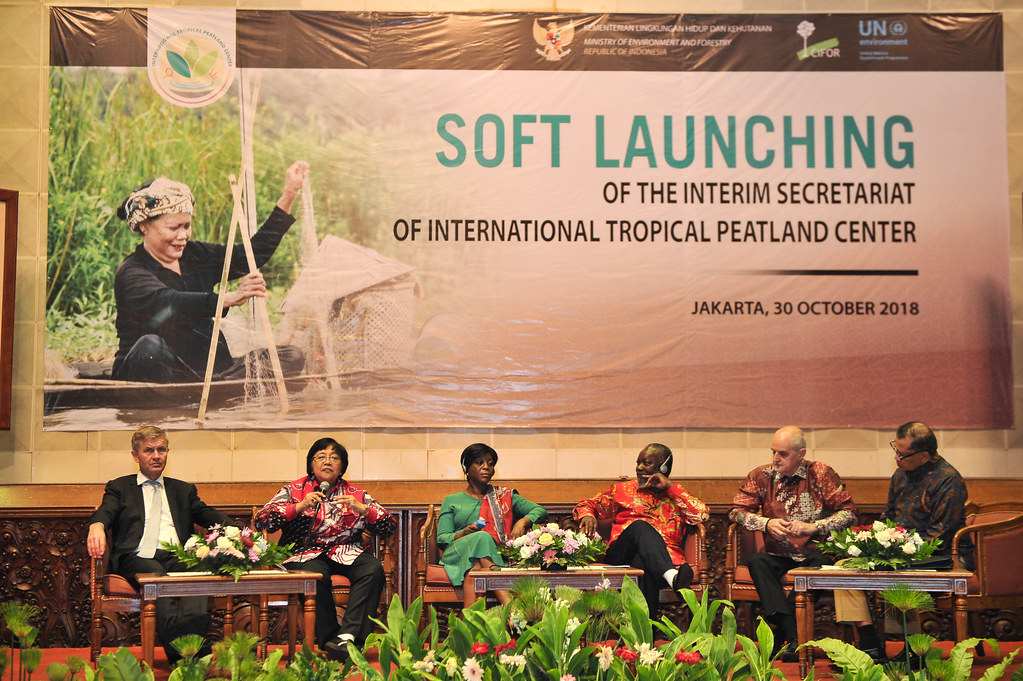
Through this soft-launching event, the attendees obtained new knowledge and information in peatland management. The speakers shared the collaborative projects such as UNEP’s restoration program in Indonesia and Congo, BRG’s partnership with Kemitraan and NORAD of Desa Peduli Gambut, also FAO’s peatland farmer educational program. Furthermore, USAID pledged to allocate IDR 5 billion of their budget to build canal blocking and other infrastructures and to support the livelihood of 3000 small rubber farmers. Potential crops were also introduced to show that peatland can be cultivate sustainably and generate incomes. In general, the stakeholders need to understand the behaviour, the constraint, and the objectives of the community to shape a better regulation.


